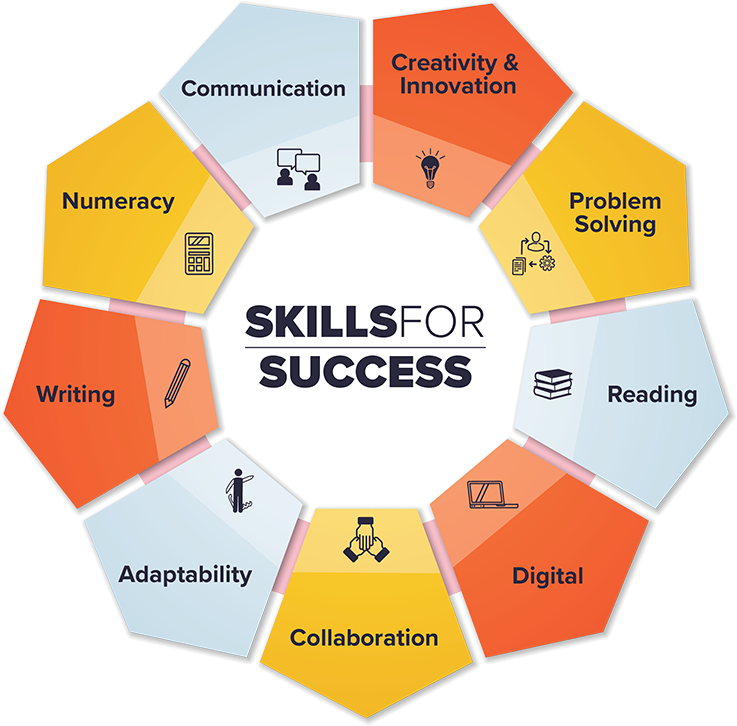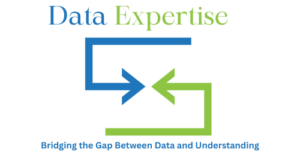Work is changing faster than ever. What mattered five or ten years ago doesn’t always match what companies need today. By 2025, success will depend on a mix of technical knowledge and practical skills. Employers are looking for professionals who can handle change, think clearly, and work well with others.
These skills are not limited to office jobs. They matter for freelancers, business owners, and students too. If you are studying something technical, like a mechanical engineer degree online, you’ll see that these skills are as important as your academic subjects. Knowledge gets you through exams, but employers look at how you solve problems, manage time, and adapt to change.
Here are the skills that will shape careers in 2025, explained with a focus on career growth and long-term opportunities.

Time Management
Workloads today are heavier. Many professionals juggle two or more roles at the same time. Without time management, tasks pile up and deadlines are missed.
- Analytics tie-in: Many organizations now use AI-powered productivity tools (like Notion AI, Microsoft Copilot, or Clockwise) to track workloads and optimize schedules. Professionals who understand and use such tools can automate reminders, meetings, and even task prioritization.
- Example: Data scientists often deal with large datasets. Time-blocking analysis, model training, and report preparation ensures efficiency when deadlines are tight.
Digital Literacy
Every field has a digital side today. Even if you’re not in IT, you need to know how to use online tools, manage documents, and work with cloud systems. By 2025, more companies will depend on automation, virtual meetings, and shared digital platforms.
- AI perspective: Digital literacy in 2025 won’t just mean using Word or Excel. It’ll mean working with AI-powered platforms for automation, analytics dashboards, and collaboration.
- Example: Even non-technical roles will use generative AI tools for drafting reports, creating presentations, or analyzing customer feedback.
Adaptability
Change is the only constant in modern work. Technology, job roles, and industries evolve rapidly. Professionals who resist change often get left behind. Those who adapt quickly are seen as valuable assets.
- Analytics tie-in: AI is automating repetitive work, meaning job roles evolve constantly. Being adaptable means working alongside AI instead of fearing it.
- Example: A business analyst may shift from creating manual reports to interpreting insights from AI-driven predictive dashboards.
Learning has already changed. You no longer need to sit in a classroom to earn a qualification. You can now complete a mechanical engineer degree online while working full time. That’s adaptability in action. It shows employers you’re willing to grow despite challenges.
Problem-Solving
Every workplace runs into problems—technical errors, miscommunication, or process gaps. Employers need people who don’t just complain but can suggest practical solutions.
- AI perspective: Problem-solving in analyticsoften requires identifying data gaps, biases in algorithms, or misinterpretations of results.
- Example: Fraud detection systems use machine learning, but human professionals must step in to analyze false positives and refine models.
Communication
Good communication saves time and prevents mistakes. In 2025, more teams will work remotely. Miscommunication becomes a risk when most interactions happen through chat or email.
- Analytics tie-in: Communication in AI fields means translating technical results into business insights.
- Example: A data engineer might explain model accuracy to executives who don’t understand algorithms. Storytelling with data visualization (Tableau, Power BI, Python libraries like Matplotlib) becomes a key differentiator.
Critical Thinking
Critical thinking is questioning information instead of accepting it blindly. With endless data online, this skill is vital.
- AI perspective: With AI generating reports, summaries, and even code, professionals must critically evaluate AI outputs instead of accepting them blindly.
- Example: ChatGPT or Bard might provide quick solutions, but critical thinkers validate the accuracy before implementation.
Collaboration
No job works in complete isolation. Even freelancers collaborate with clients. In offices, teamwork is at the core of almost every project.
- Analytics tie-in: AI projects are never solo—they require data scientists, engineers, domain experts, and business leaders. Collaboration ensures AI solutions align with real-world needs.
- Example: In predictive analytics for healthcare, doctors and AI teams must collaborate to ensure models are medically sound.
Emotional Intelligence (EQ)
Emotional intelligence is how you manage your own emotions and respond to others. Stress, conflict, and pressure are part of work. Those who remain calm and supportive are valued in every workplace.
- AI angle: As automation increases, EQ becomes the human differentiator. Clients, teammates, and leaders value empathy and understanding in AI-driven decision-making.
- Example: Explaining to a team why an algorithm rejected certain job applications requires both technical clarity and emotional sensitivity.
Continuous Learning
Jobs are changing too quickly to rely only on college degrees. By 2025, professionals who keep learning will stand out. Online education makes this easier than ever.
- Analytics tie-in: AI and data tools update constantly. Continuous learners keep pace by exploring new ML frameworks, cloud platforms, or AI ethics standards.
- Example: A professional skilled in Excel five years ago now needs to master SQL, Python, or AutoML platforms to stay relevant.
Self-Discipline
Discipline is about keeping promises to yourself. It’s what keeps you working even when motivation is low.
- AI perspective: Working with remote AI systems or massive datasets requires patience and discipline—waiting for models to train or validating hours of data cleaning.
- Example: Data annotation teams need high self-discipline to ensure accuracy, as small errors can compromise AI training quality.
Cultural Awareness
Workplaces are becoming more global. Even small companies often deal with international clients or partners.
- Analytics tie-in: AI and analytics projects often involve global data teams. Understanding cultural differences improves collaboration, especially in interpreting context-specific data trends.
- Example: A sentiment analysis tool trained in English may not work well for Asian languages unless teams respect cultural nuances.
Basic Financial Skills
You don’t need to be an accountant, but knowing how money flows helps. Budgeting, cost tracking, and understanding project funding improve decision-making.
- AI perspective: Analytics professionals who understand finance can build better models for ROI, budgeting, and cost optimization.
- Example: Knowing basic finance helps a machine learning engineer explain why an AI solution will reduce costs or increase revenue.
Final AI & Analytics Perspective
By 2025, AI and analytics won’t just be tools—they’ll be career accelerators. But they won’t replace human professionals who bring critical thinking, problem-solving, and emotional intelligence to the table.
Whether you’re a student in a mechanical engineer degree online, a data analyst, or a freelancer, building these skills alongside AI literacy will ensure you remain competitive in a rapidly evolving workplace.
FAQ’s
Which skill is best for future 2025?
The best skill for 2025 is AI and data literacy, as professionals who can understand, analyze, and work with intelligent technologies will be in highest demand across industries.
What are the top 10 skills of 2025 future of jobs report?
AI & Big Data, Networks & Cybersecurity, Technological Literacy, Creative Thinking, Resilience/Flexibility/Agility, Curiosity & Lifelong Learning, Leadership & Social Influence, Talent Management, Analytical Thinking, and Environmental Stewardship — all essential for future-ready professionals.
What is one skill you are excited to learn in 2025?
One exciting skill to learn in 2025 is generative AI application development, as it empowers professionals to build intelligent tools, automate workflows, and create innovative solutions across industries.
Which skill is best in 2030?
By 2030, the best skill will be advanced AI literacy and human–AI collaboration, as the ability to work effectively with intelligent systems will be critical for innovation, problem-solving, and staying competitive in a technology-driven world.
What profession will be in demand in 2025?
In 2025, high-demand professions will include AI and machine learning specialists, data analysts, cybersecurity experts, software developers, and digital transformation roles, driven by rapid technological advancement and the need for data-driven decision-making.



